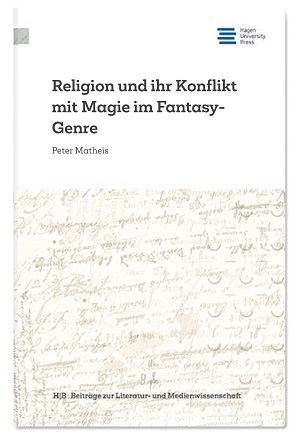In der letzten Zeit sind u.a. diese frei verfügbaren Titel erschienen:
Comics of the New Europe: Reflections and Intersections
Martha Kuhlman & José Alaniz (Hrsg.)
https://doi.org/10.11116/9789461665270
Bringing together the work of an array of North American and European scholars, this collection highlights a previously unexamined area within global comics studies. It analyses comics from countries formerly behind the Iron Curtain like East Germany, Poland, Czech Republic, Hungary, Romania, Yugoslavia, and Ukraine, given their shared history of WWII and communism. In addition to situating these graphic narratives in their national and subnational contexts, Comics of the New Europe pays particular attention to transnational connections along the common themes of nostalgia, memoir, and life under communism.
The essays offer insights into a new generation of European cartoonists that looks forward, inspired and informed by traditions from Franco-Belgian and American comics, and back, as they use the medium of comics to reexamine and reevaluate not only their national pasts and respective comics traditions but also their own post-1989 identities and experiences.
Literature and the Telephone: Conversations on Poetics, Politics and Place
Sarah Jackson
https://doi.org/10.5040/9781350259638
Literature and the Telephone explores the ways that the telephone taps into the operations of reading and writing, opening up our understanding of how, where and why literary communication takes place.
Addressing the telephone’s complex, multiple and mutating functions, and drawing on recent work by writers and thinkers including Sara Ahmed, Stacy Alaimo, Judith Butler, Nicholas Royle and Eyal Weizman, this open access book considers the linguistic, technical and conceptual disruptions of the literary telephone as well as the poetic and political possibilities of the exchange.
Focusing on the telephonic effects of post-war writing by authors such as Mourid Barghouti, Caroline Bergvall, Tom Raworth, Muriel Spark, Ali Smith and Rita Wong, Sarah Jackson proposes that the uncanny logic of the telephone, and its capacity for ordering and disordering the text, speaks to some of the most urgent concerns of our era.
Examining topics ranging from surveillance and migration to warfare and electronic waste, Jackson argues that the literary telephone offers new ways of conceiving ethical and creative technological futures, as well as different modes of reading, writing and listening across cultures.
Religion und ihr Konflikt mit Magie im Fantasy-Genre
Peter Matheis
https://doi.org/10.57813/20221207–142310‑0
Im Fantasy-Genre hat Religion eine marginale Position: Wenn sie überhaupt eine Rolle spielt, ist es meist eine bösartige, oft im Konflikt mit einer dominanten Magie. Das steht im Gegensatz zu den Rollen, die beide in der realen Geschichte spielen: Hier ist Magie meist in der marginalen Position gegenüber der Religion, vor allem im europäischen Mittelalter, aus dem Fantasy so viel Inspiration zieht. Um dies zu verstehen, müssen die schwierigen begrifflichen Abgrenzungen und die widersprüchliche Geschichte zwischen Religion und Magie durchblickt werden. Anhand beispielhafter Werke – J.R.R. Tolkiens Silmarillion, Terry Pratchetts Small Gods, Ursula K. Le Guins Earthsea-Reihe und Marion Zimmer Bradleys The Mists of Avalon – zeigt sich, wie Konflikte um Religion und Magie in Fantasy-Welten reale Konflikte um die Legitimierung von Macht austragen. Fantasy ermöglicht eine Weltflucht zu einer anderen Macht- und Weltordnung, die von der Vergangenheit inspiriert, aber nicht an sie gebunden ist.



